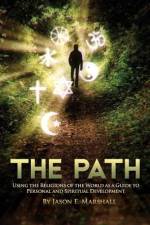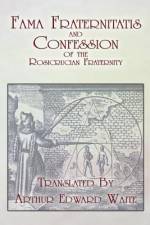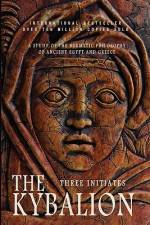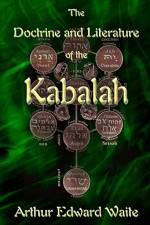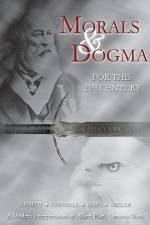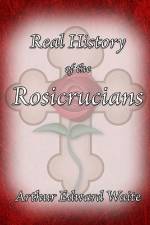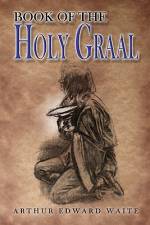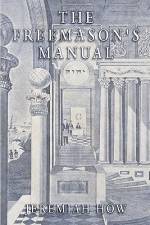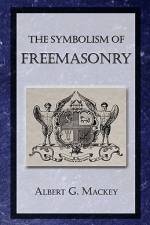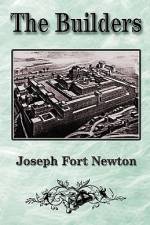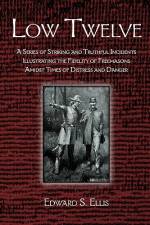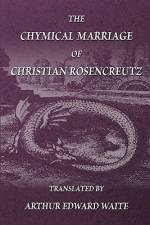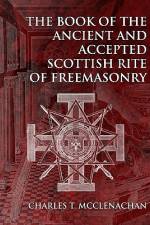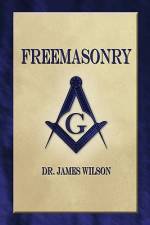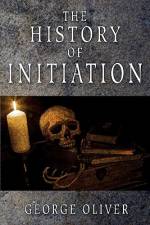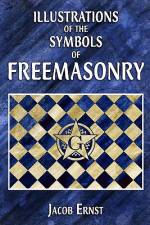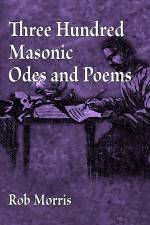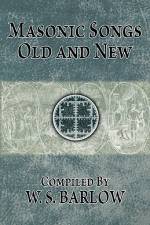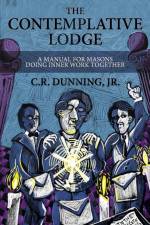av Arthur Edward Waite
465,-
Originally published in 1902, this book is a comprehensive discussion of Kabalah (Kabbalah), its origin, and its impact on other traditions. It also briefly discusses some of Kabalah's most well known students. Its chapters include the following: Post-Christian Literature of the Jews, Doctrinal Content of the Kabalah, Source and Authority of the Kabalah, Written Word of Kabalism First, Second, and Third Period, Some Christian Students of the Kabalah (Including Raymond Lully, Cornelius Agrippa, Paracelsus, William Postel, The Rosicrucians, Robert Fludd, Thomas Vaughan, Ralph Cudworth, Saint-Martin, Eliphas Levi, and Papus), Kabalah and Other Channels of Esoteric Traditions (Magic, Alchemy, Astrology, Freemasonry, Tarot and Mysticism). From the author: "If we ... suppose for a moment that behind magic, behind alchemy, behind astrology there is any mystery of secret and real knowledge, ... it is through this seemingly impassable literature that the road to the secret lies."

